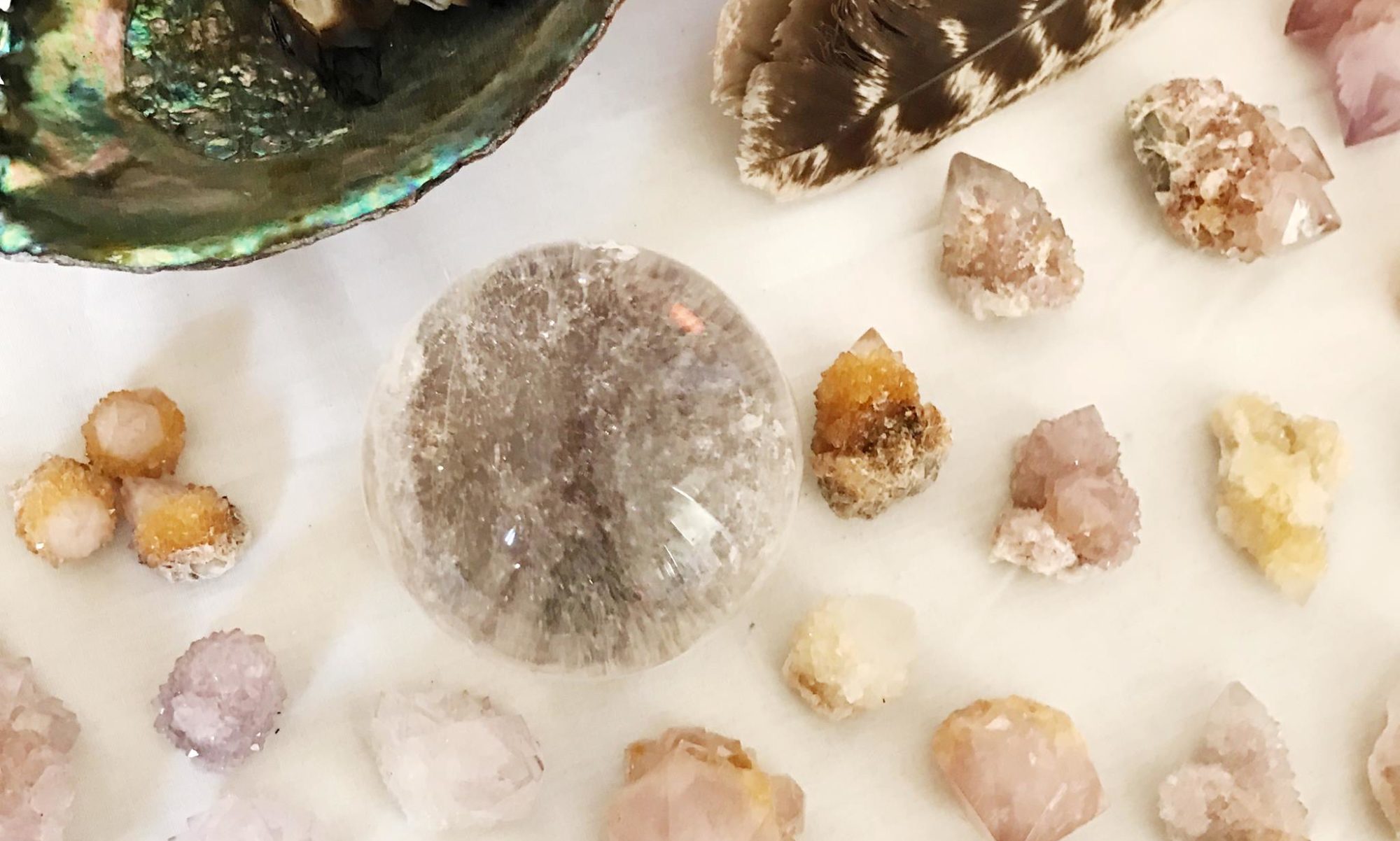What is happiness? How do we achieve being happy? Why do so many people seem to seek happiness and can never find it?
To understand where the happiness problem comes from we first need to look at the definitions of a few words. (definitions used are from oxford)
Let’s start with happiness.
Happiness- the state of being happy. Okay, so what is being happy?
Happy– feeling or showing pleasure or contentment.
Oh… this is going to take a minute.
Pleasure- a feeling of happy satisfaction and enjoyment.
Contentment– a state of happiness and satisfaction.
Satisfaction- fulfillment of one’s wishes, expectations, or needs, or the pleasure derived from this.
Enjoyment- the state or process of taking pleasure in something. OR the action of possessing and benefiting from something.
So with all these definitions we find that happiness is achieved in 2 different ways.
The first is automatic and you have little to no control over it. Happy is feeling pleasure, pleasure is feeling enjoyment, and one of the definitions of enjoyment is simply benefiting from the possession of something.
For example, I possess and benefit from lungs. This means I get “enjoyment” from my lungs, which, by definition, means that I get pleasure from them, and thus causes me to be happy, by definition.
So technically, everyone is happy at all times unless they are currently dying.
If “by definition” is not the type of happiness you came to this article to read about, let’s talk about the second way happiness is achieved. (If it is, congrats! You just finished reading)
The second way to achieve happiness is through satisfaction. The “fulfillment of one’s wishes, expectations, or needs, or the pleasure derived from this.”
The obvious answer to how to achieve this is by collecting things that fulfill your wishes, needs, and expectations. And yet there are so many people who have everything in the world and are still not happy. Why is that?
The simple answer is because expectations, wishes, and needs change over time. As we have one wish met, another is waiting to be thought of. When someone meets our expectations, we create more expectations. And when we have all of our needs met, we grow as a person creating more needs for us to have fulfilled. It is an endless cycle.
The less obvious answer requires a bit more thought to understand.
If being happy requires that my wishes, expectations, and needs be fulfilled, unhappiness, requires wishes, desires, and needs.
If we are able to eliminate our wishes, expectations, and needs, we will eliminate the pieces necessary to be unhappy. Once unhappiness is eliminated, all that will remain is happy.
It sounds a little backwards, but let’s use an analogy to better understand how this works.
Happiness is like a dark room. Unhappiness would be the opposite of that, or a lit up room.
We have wishes, expectations and needs. Any one of these is enough to create unhappiness.
Imagine these as 3 lights. When we have wishes, expectations, and needs, the lights are all on. If we get our needs taken care of, it flips the switch to off. The room becomes darker, but there is still plenty of light. If we get our wishes taken care of, it switches off the second light. When our expectations are met, the third light goes off. And for a moment, we are in a dark room. This is our obvious answer. Get things to satisfy us. But we quickly find out that we need more food and water to satisfy our needs, so that light is always coming back on. As we grow we desire more things (knowledge, experience, companionship), so that light is always coming back on. And no one has enough information to accurately predict the future, so any expectations are sure to not be met sooner or later and that light will come on. This leads us to a never ending cycle of trying to turn off one light after another while prioritizing which light needs to be shut off first.
The less obvious option is that we can start unscrewing the light bulbs. When we learn to accept everything for what it is, we no longer have expectations. Mastery of this acceptance is the same as taking out the light bulb attached to that switch. With no light bulb, there is no light.
When we master loving everything that we have while not desiring anything we do not currently have, we unscrew the second light bulb.
This leaves us with our needs. Yes, this light will always continue to come on. We will always need to feed ourselves, wash ourselves and make sure we are safe from the elements, however we can minimize these needs through lowering our wishes and expectations. This allows us to stay in a much darker room on a regular basis.
So you see, happiness is not a process of achieving more and more to bring happiness to you. Happiness is always there, just like the dark room is always there…. We just need to turn off the lights of unhappiness to behold the happiness of the dark.

